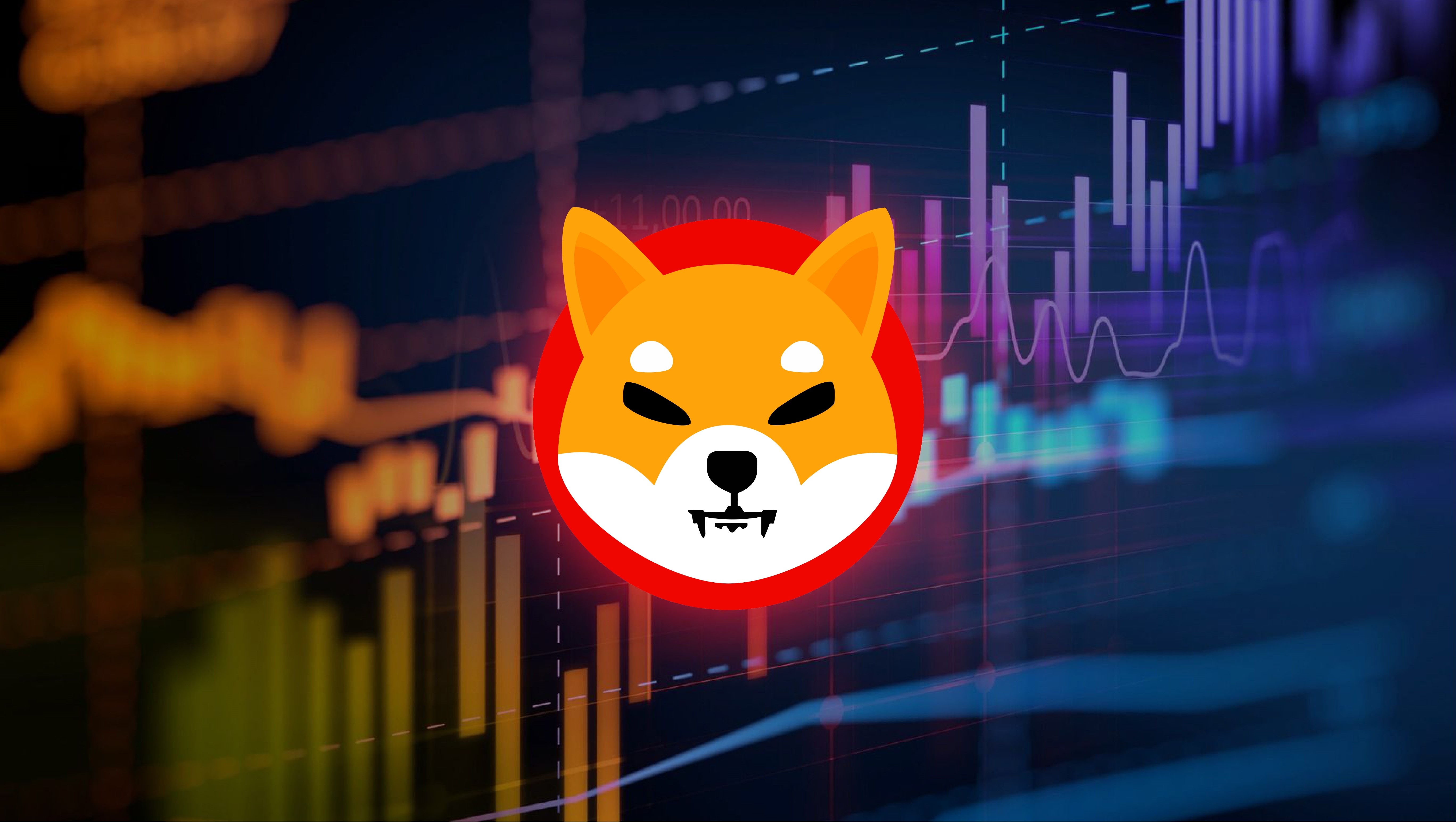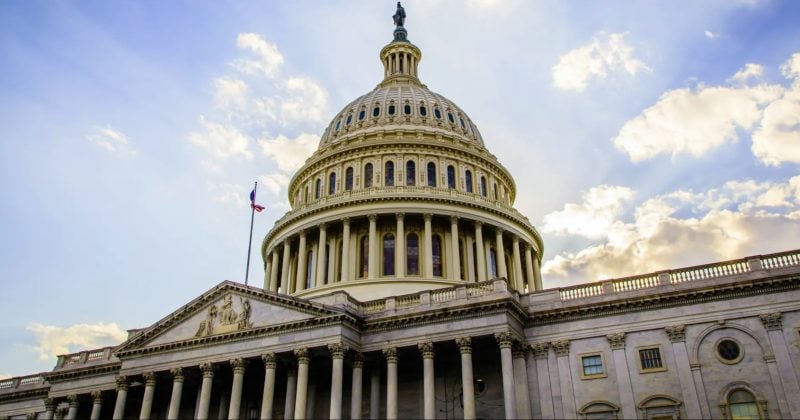A new report from Charles Sturt University has recommended enhancing regulations for the emerging metaverse industry to improve consumers’ safety standards ahead of an anticipated $1 trillion market capitalization.
According to the research, several gaps in the ecosystem require urgent attention from lawmakers amid impressive growth projections. Apart from the absence of tight regulatory frameworks, the report highlights a lack of in-depth research on the metaverse, which leaves administrators with limited information.
Milind Tiwari, senior researcher at Charles Sturt University, disclosed several issues in the ecosystem, including difficulties with avatar governance and “security-privacy dilemmas.”
The researchers pointed to a problem in evidence handling and ethical challenges affecting the metaverse. On the other hand, anonymity issues and avatar accountability continue to stump regulators as they navigate the uncertainties of “limited metaverse understanding.”
Aware of the pitfalls, the report reels several recommendations in line with the PRISMA 2020 guidelines, reviewing 32 studies from several universities. The team at Charles Sturt University argued that the first step toward improved metaverse policing would be establishing clear rules on avatar governance.
The rules will spell out criminal and civil liabilities for users and metaverse service providers. A community reading of the report makes a case for identity verification, content moderation, and a standard set of rules for non-playable characters (NPCs).
Uniform guidelines for privacy and security will lay the foundation for a healthy ecosystem. For law enforcement agencies, clear investigative methodologies are expected to improve their capabilities to crack down on illicit activities on metaverse platforms.
Lastly, the report made a case for new accounting and taxation rules, taking into consideration the peculiarities of the industry.
“The study contributes to actionable insights for law enforcement agencies, identifying the roles and responsibilities of those who might address these challenges, emphasizing the need for enhanced legal clarity, privacy handling, law enforcement training, and financial protocols,” said Tiwari.
Bracing for a value explosion
Several reports predict a rise in market capitalization for the metaverse, accentuating the need for uniform regulations for the ecosystem. From its present levels of less than $80 billion, analysts say the industry is on course to exceed the $1 trillion market capitalization by 2032.
While gaming is expected to be the biggest growth driver, the reports are tipping social media and content creation use cases to rise in popularity. The sector is touted to be the intersection of emerging technologies, including artificial intelligence (AI), Web3, virtual reality, spatial computing, and Internet of Things (IoT)-based virtual communities.
Selangor can clinch $1 billion in annual revenues via Web3 strategies
The Malaysian state of Selangor has its eyes on generating RM5 billion (US$1 billion) in annual revenue in the coming years, with experts noting that blockchain technology offers the best chance to achieve the ambitious target.
Barjoyai Bardai, a professor at the Malaysia University of Science and Technology, revealed that the most ideal route to annual revenues of $1 billion hovers around integrating digital innovation with conventional strategies. Selangor administrators disclosed the state’s ambition in late 2024 on the heels of impressive financial milestones and a promising landscape.
Annual revenues have increased since 2020, with 2024 setting an all-time high for the coastal city. Buoyed by impressive figures, administrators are rippling with confidence that Selangor will achieve $1 billion in revenue by 2029.
Central to the state’s plan is “efficient resource management,” but Bardai advocates for ‘bold’ policies to drive revenue levels. For the academic, conventional methods will revolve around public-private partnerships (PPPs), rolling out special economic zones and incentives to attract foreign direct partnerships.
While these conventional strategies will benefit Selangor, Bardai opines that doubling its annual revenue figures in four years will require “unconventional” methods.
At the core of Bardai’s plans is an increase in investment for metaverse applications, incorporating other emerging technology to position the city as the leading hub in Southeast Asia.
“With careful planning, collaboration, and marketing, virtual cities can become a lucrative source of income while positioning Selangor as a leader in digital innovation,” said Bardai.
The professor cites potential revenue streams to the municipal government via leasing properties that are digital replicas on metaverse platforms. Bardai opines that non-fungible tokens (NFTs) and Web3 games are potential revenue generators for Selangor in its quest to double its annual revenues.
Outside of Web3, Bardai argues that the state can improve its earnings via green projects, including large-scale solar farms and a hefty investment into the circular economy.
A national outlook
Selangor’s strides in Web3 reflect the central government’s march toward digitalization in recent years. On a national level, strict rules for digital asset service providers are in operation, with the country pursuing regional partnerships to improve its standings.
Partnerships with Microsoft (NASDAQ: MSFT) and a raft of regional technology players have seen the Southeast Asian country advance in artificial intelligence (AI) adoption. On the other hand, its Web3 talent pool is rippling with skilled developers that analysts say will power the country’s push to wholesale digitalization.
Watch: Rediscovering Blockchain: Here’s how you build trust at scale

















 English (US) ·
English (US) ·